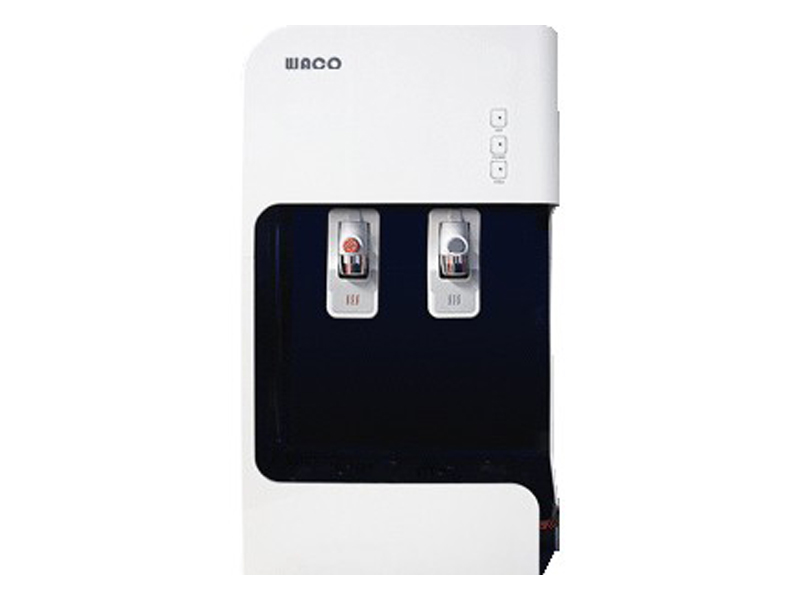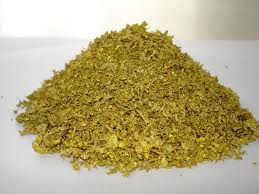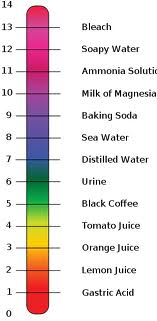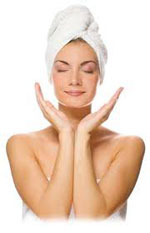- Details
- Category: General Blog
Distillation has been used for purifying water, including sea water, for thousands of years. Until the 70s, purifying water by distillation was a common way of making water clean for drinking. This method, used in the past in many individual homes, is now used much less in the developed countries, since the new filters are proving more effective and practical. One of the main criticisms of using distilling for purifying water is the fact that the water becomes too pure. The process removes absolutely everything from the water, including the beneficial minerals we need for good health. But, the most important reason for not using distillation to purify water is that the process is very cost-ineffective. Distillation is mostly used today to produce water for industry or labs, where perfectly pure water is a necessity.
- Details
- Category: General Blog
Nowadays, many people think that drinking unfiltered water can be damaging for your health because it may contain contaminants, fluoride or parasites. However, many health conscious people are amazed by the fact that drinking distilled water regularly may also be damaging for your health if its consumed long term.
- Details
- Category: General Blog
 Do you need a water dispenser for your home or office?
Do you need a water dispenser for your home or office?
A water dispenser in Singapore is a common sight in homes and offices providing filtered chilled drinking water and hot water for beverages such as coffee and tea. It has become a basic necessity to have the convenience for better productivity and better living. There are numerous types of water dispenser and many different features and options to choose from – so how do you decide which water dispenser is the best for your individual needs?
- Details
- Category: General Blog
 Unless you live high up on some remote mountain, your water is probably full of impurities. Even water coming out of the tap, after it has been treated by chlorine, still contains a number of contaminants. Unfortunately, chlorine is one of them. Some of the contaminants are metal or mineral particles, others are alive, such as bacteria or fungi. All can be dangerous and affect your health in a bad way. There are number of highly effective filters and, ideally, you should use more than one in combination to ensure that your drinking water is pure and healthy to drink.
Unless you live high up on some remote mountain, your water is probably full of impurities. Even water coming out of the tap, after it has been treated by chlorine, still contains a number of contaminants. Unfortunately, chlorine is one of them. Some of the contaminants are metal or mineral particles, others are alive, such as bacteria or fungi. All can be dangerous and affect your health in a bad way. There are number of highly effective filters and, ideally, you should use more than one in combination to ensure that your drinking water is pure and healthy to drink.
- Details
- Category: General Blog
Water dispensers bring mainly the convenience of filtered or treated water to people at the ideal temperature for different usage. Everyone is now well aware of the need to drink sufficient water everyday in order to hydrate your body and keep healthy, and an automatic water dispenser which filters and chills drinking water, whichever type you choose to use, provides the perfect solution. Whether it’s simply providing cold drinking water on a hot day or hot water for making coffee or tea, the fact that it is always there ready and does not require any preparation is a big plus for busy people on the go.
- Details
- Category: General Blog
 What Is Alkaline Water?
What Is Alkaline Water?
A popular topic currently in the health interest is alkaline water. Touted as one of the latest way to increase your health at the touch of a button - the theory is simple: that using an alkaline water drinking machine to increase the PH level of the water you drink will in fact bring you health benefits. Alkaline water machines use the process of electrolysis which separates the positive and negative charged molecules of the water. This will result in production of either acidic or alkaline water depending on the setting used. Fans and supporters of alkaline water machines believe by drinking alkaline water regularly you will be able to cleanse toxins from your body and improve your overall state of health.
- Details
- Category: General Blog
 Why Use A Shower Filter?
Why Use A Shower Filter?
Most people are aware of the benefits for your body of drinking purified water. Many people are also now beginning to learn of the benefits of using a shower filter and the positive affects it can have on your body and general health.
- Details
- Category: General Blog
 Very few of us live in places where water comes out of the ground perfectly clean and is containing only beneficial minerals. Our rivers are dirty, our wells are polluted and drinking water is increasingly becoming a rare and precious commodity. While many developed countries provide their citizens with centrally processed and purified water, the level of purification is basic and such water often contains harmful chemicals. To ensure that their families are drinking only perfectly clean and healthy water, many people are resorting to installing water filters in their homes.
Very few of us live in places where water comes out of the ground perfectly clean and is containing only beneficial minerals. Our rivers are dirty, our wells are polluted and drinking water is increasingly becoming a rare and precious commodity. While many developed countries provide their citizens with centrally processed and purified water, the level of purification is basic and such water often contains harmful chemicals. To ensure that their families are drinking only perfectly clean and healthy water, many people are resorting to installing water filters in their homes.
- Details
- Category: General Blog
People living in developed countries are fortunate to have clean water coming out of their taps. Tap water is processed in order to eliminate harmful bacteria and heavy metals. Unfortunately, chemicals used to clean the tap water are harmful themselves. According to the American Journal of Public Health, chlorine used to clean tap water can cause harmful skin irritations, asthma and even cancer. Using a shower filter to ensure that you are showering with truly clean water is the only way to minimize exposure to unhealthy dose of chlorine.
- Details
- Category: General Blog
 Carbon Water Filtration | How does it work?
Carbon Water Filtration | How does it work?
There are various methods of water filtration used nowadays. One of the most common methods used in point-of-use water filters is Carbon Filtering.
Making use of carbon as a filter is thought to be one of the oldest methods for purifying water and has been used since Egyptian times. Carbon filters are currently used in domestic point-of-use water filters and sometimes in municipal water treatment plants; they are also utilized for the pre-treatment phase in reverse osmosis systems.
- Details
- Category: General Blog

 Reverse Osmosis - what is it?
Reverse Osmosis - what is it?
The process of reverse osmosis for water treatment was developed almost half a century ago. It was first developed for the desalination of seawater. On recognizing the potential for decontamination, the commercialization of reverse osmosis filtering systems was initiated for the purpose of domestic water purification. Systems based on reverse osmosis were introduced into homes in the early 1970s. It was believed to be a real alternative to the expensive and wasteful distillation units.
- Details
- Category: General Blog
Singapore's tap water is considered moderately safe for direct drinking, by WHO Guideline. The following is a typical test analysis. Data is derived from PUB's website.
